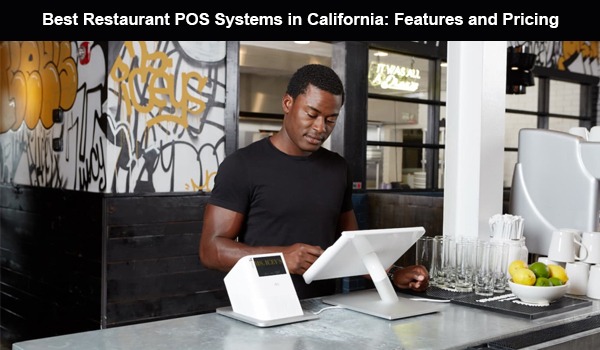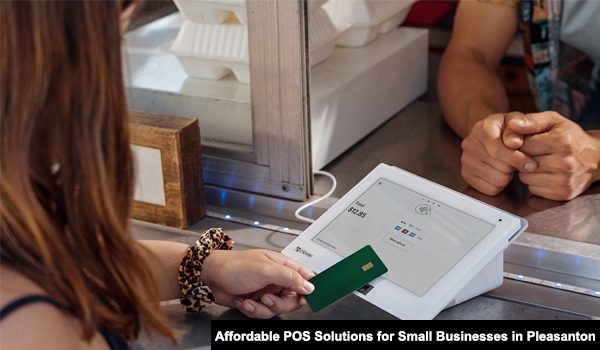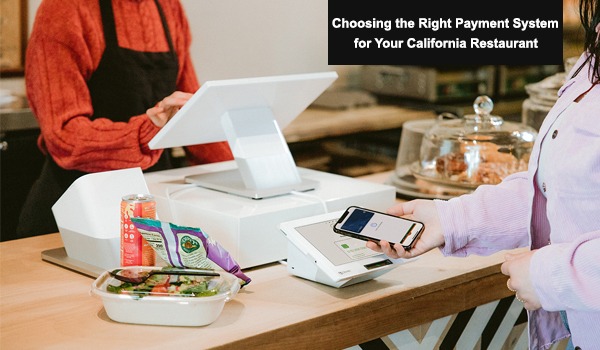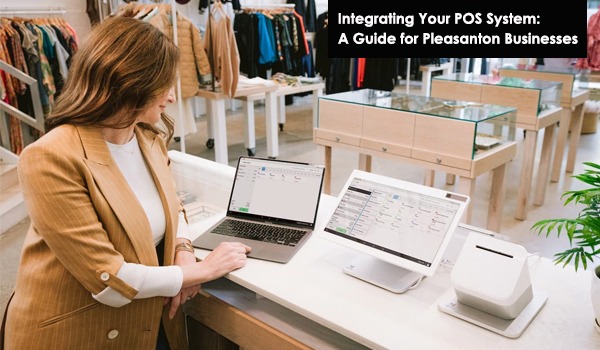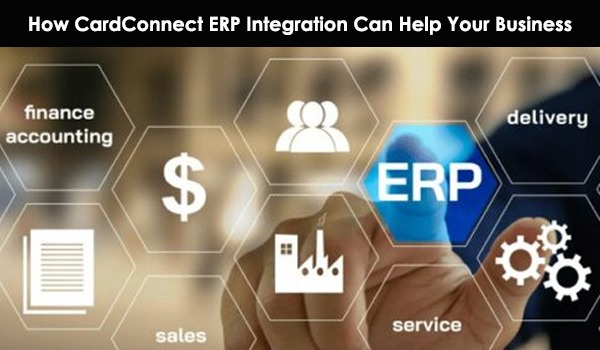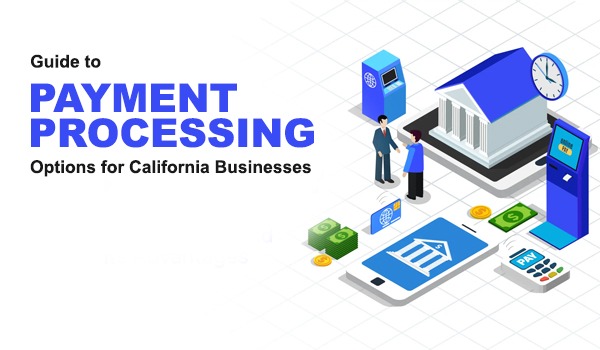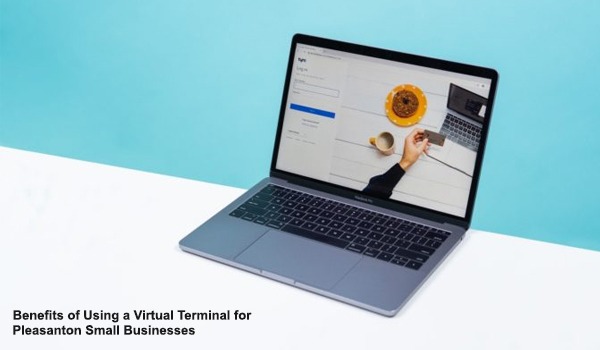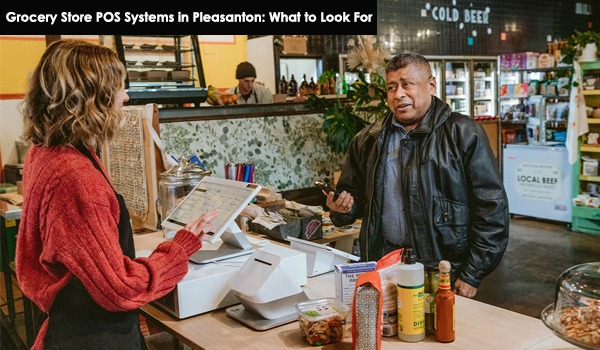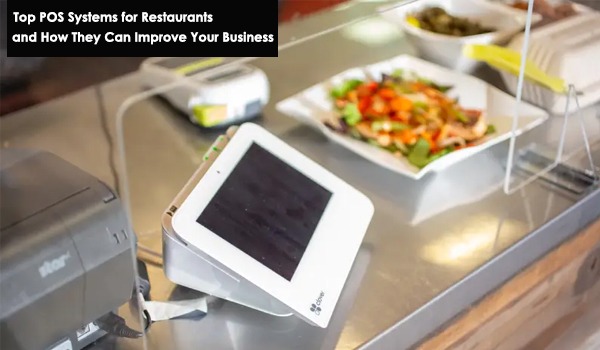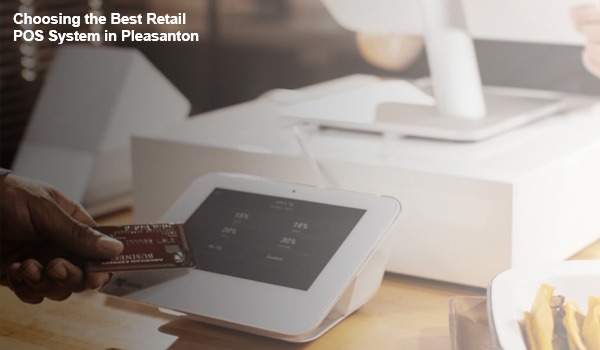
Introduction
Selecting the right Point of Sale (POS) system is crucial for any retail business. In Pleasanton, a city known for its vibrant shopping scene and diverse retail environment, making the best choice can significantly impact your success. A well-chosen POS system streamlines transactions and enhances inventory management, customer service, and overall operational efficiency. Here’s a comprehensive guide to help you navigate the process of choosing the best retail POS system for your business in Pleasanton.
Understanding Your Business Needs
Before diving into the specifics of POS systems, assessing your business's unique needs is important. Different types of retail businesses—be it a boutique clothing store, a specialty food shop, or a busy electronics store—have varying requirements. Consider the following factors:
- Type of Retail Business: The complexity of your POS system should match the nature of your business. For instance, a high-end fashion boutique may need advanced features for managing inventory and customer preferences, while a convenience store might prioritize speed and ease of use.
- Business Size and Growth Plans: A small business with a single location might need a simpler system compared to a larger operation with multiple locations. Additionally, consider your growth plans; opting for a scalable system can save you from the hassle of switching systems as your business expands.
- Budget Constraints: POS systems come in a range of prices, from basic solutions to high-end systems with advanced features. Determine your budget while keeping in mind that investing in a quality system can lead to better long-term benefits.
Key Features to Look for in a Retail POS System
When evaluating different POS systems, focus on the following key features that can enhance your retail operations:
- Ease of Use: The system should be user-friendly, allowing your staff to quickly learn how to use it. A complex system can lead to training challenges and slower checkout times.
- Inventory Management: Effective inventory management is essential. Look for a POS system that offers real-time tracking, automated stock updates, and the ability to manage multiple locations if needed.
- Customer Relationship Management (CRM): A good POS system should include CRM features to track customer purchase history, manage loyalty programs, and analyze buying patterns. This helps in personalizing customer interactions and driving repeat business.
- Integration Capabilities: Ensure the POS system can integrate with other tools and software you use, such as accounting programs, e-commerce platforms, and marketing tools. This integration has the potential to streamline operations and decrease manual data entry.
- Reporting and Analytics: Robust reporting features provide insights into sales trends, employee performance, and inventory levels. These analytics help you make informed business decisions and identify areas for improvement.
- Payment Processing: The POS system must be capable of accepting payment methods such as credit/debit cards, mobile payments, and gift cards. Look for systems with secure payment processing to protect both your business and your customers.
- Hardware Compatibility: Consider the hardware requirements of the POS system. Some systems require specific hardware like barcode scanners and receipt printers, while others may be compatible with a wider range of devices.
- Customer Support: Resolving any issues that may arise requires reliable customer support. Check the support options available, such as phone, email, or live chat, and ensure that they offer timely assistance.
Evaluating POS System Providers in Pleasanton
In Pleasanton, several POS system providers cater to different needs. Here’s a look at some popular options and what they offer:
- Clover POS: Clover provides a versatile POS system with a variety of hardware options. It offers features like inventory management, employee management, and CRM. Clover’s app market allows you to customize the system to fit your specific business needs.
- Shopify POS: Perfect for retailers who also have an online store, Shopify POS integrates seamlessly with Shopify’s e-commerce platform. It offers advanced inventory management, customer tracking, and reporting features. It’s suitable for businesses looking to create a cohesive online and in-store shopping experience.
- Square POS: Square POS is known for its uncomplicated and inexpensive features. It’s ideal for small to medium-sized businesses and offers features like inventory management, customer relationship tools, and integration with various payment methods. Square’s hardware is also user-friendly, making it a good choice for businesses that need a quick setup.
- Lightspeed Retail: Lightspeed is known for its powerful inventory management and reporting capabilities. It’s a robust solution for businesses with more complex inventory needs, such as those with multiple locations or high-value items. Lightspeed also offers strong customer support and a range of integrations.
- Toast POS: While primarily known for its restaurant POS solutions, Toast also serves retail businesses. It offers comprehensive features, including inventory management, CRM, and robust reporting. It’s a great choice for businesses that want a POS system with a strong focus on customer service and data analytics.
Making the Final Decision
Once you have shortlisted a few POS systems, it’s time to make the final decision. Here’s a step-by-step approach to ensure you choose the best fit:
- Request Demos: Schedule demonstrations with the POS providers to see the systems in action. This will give you a feel for the user interface and functionality.
- Check Reviews and References: Look for reviews from other retail businesses similar to yours. Reach out to existing users if possible to get feedback on their experiences.
- Consider the Total Cost of Ownership: Beyond the initial cost of the system, consider ongoing expenses such as subscription fees, transaction fees, and maintenance costs.
- Assess Scalability: Ensure the system can grow with your business. Look for options that offer upgrades or additional features as needed.
- Evaluate Customer Support: Test the customer support services to ensure they are responsive and helpful. Quickly resolving issues can be made possible by relying on reliable support.
Conclusion
Choosing the best retail POS system for your business in Pleasanton requires careful consideration of your specific needs, budget, and long-term goals. By evaluating the key features, exploring different providers, and thoroughly testing your options, you can find a system that enhances your operational efficiency and supports your business growth. A well-chosen POS system will not only streamline transactions but also provide valuable insights, improve customer experiences, and ultimately contribute to the success of your retail business.
